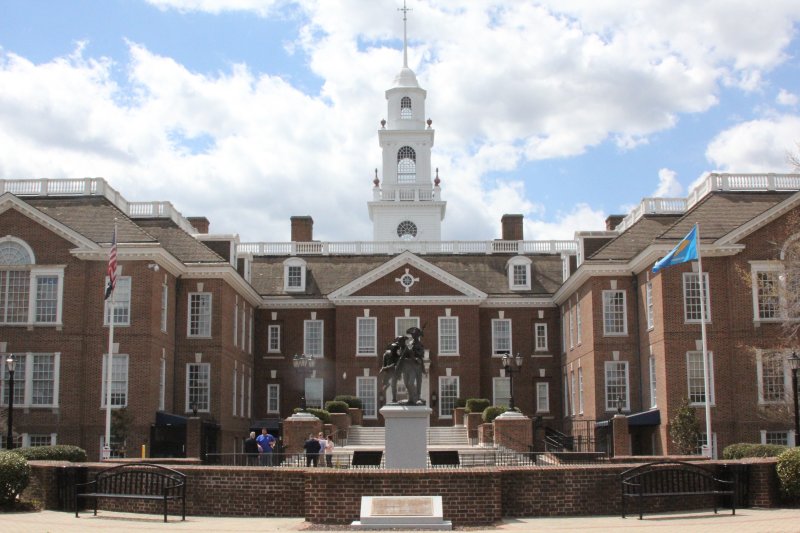The first leg of a constitutional amendment to protect marriage equality passed the Senate June 10, with a 16-5 vote, the required two-thirds vote needed to pass. It now heads to the House.
Senate Bill 100, sponsored by Sen. Russ Huxtable, D-Lewes, and Rep. Claire Snyder-Hall, D-Rehoboth Beach, would enshrine marriage as a fundamental right that may not be denied or abridged on the basis of gender or any basis protected under the Delaware Constitution. If passed by two-thirds of the General Assembly in consecutive sessions, the constitutional amendment will codify that all marriages that are legally valid under the laws of Delaware must be treated equally.
“We are here because fundamental rights should never be left vulnerable to political whims, or the ideological makeup of the U.S. Supreme Court,” Huxtable said. “Delaware has long been a leader on civil rights, legalizing same-sex marriage in 2013 with HB 75 ahead of many states, but if we want to ensure lasting protection for marriage equality, we must take the next step, enshrining it in our state constitution.”
As of now, only three states – Nevada, California and Michigan – have enshrined marriage equality in their state constitutions.
“Today is a proud day. We just took the first step on the path toward the constitutional recognition and protection of all marriages in the State of Delaware,” said Snyder-Hall in a statement. “Many, many people have organized and worked tirelessly to get us to this day. And I am proud to be a part of that movement.”
SB 100 awaits action in the House Administration Committee.
Melissa Steele is a staff writer covering the state Legislature, government and police. Her newspaper career spans more than 30 years and includes working for the Delaware State News, Burlington County Times, The News Journal, Dover Post and Milford Beacon before coming to the Cape Gazette in 2012. Her work has received numerous awards, most notably a Pulitzer Prize-adjudicated investigative piece, and a runner-up for the MDDC James S. Keat Freedom of Information Award.






















































